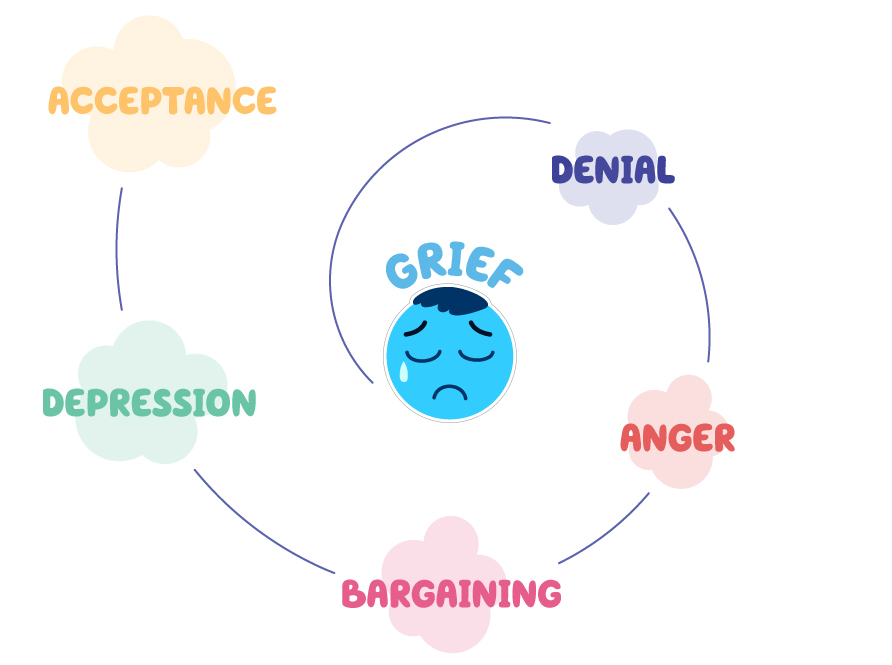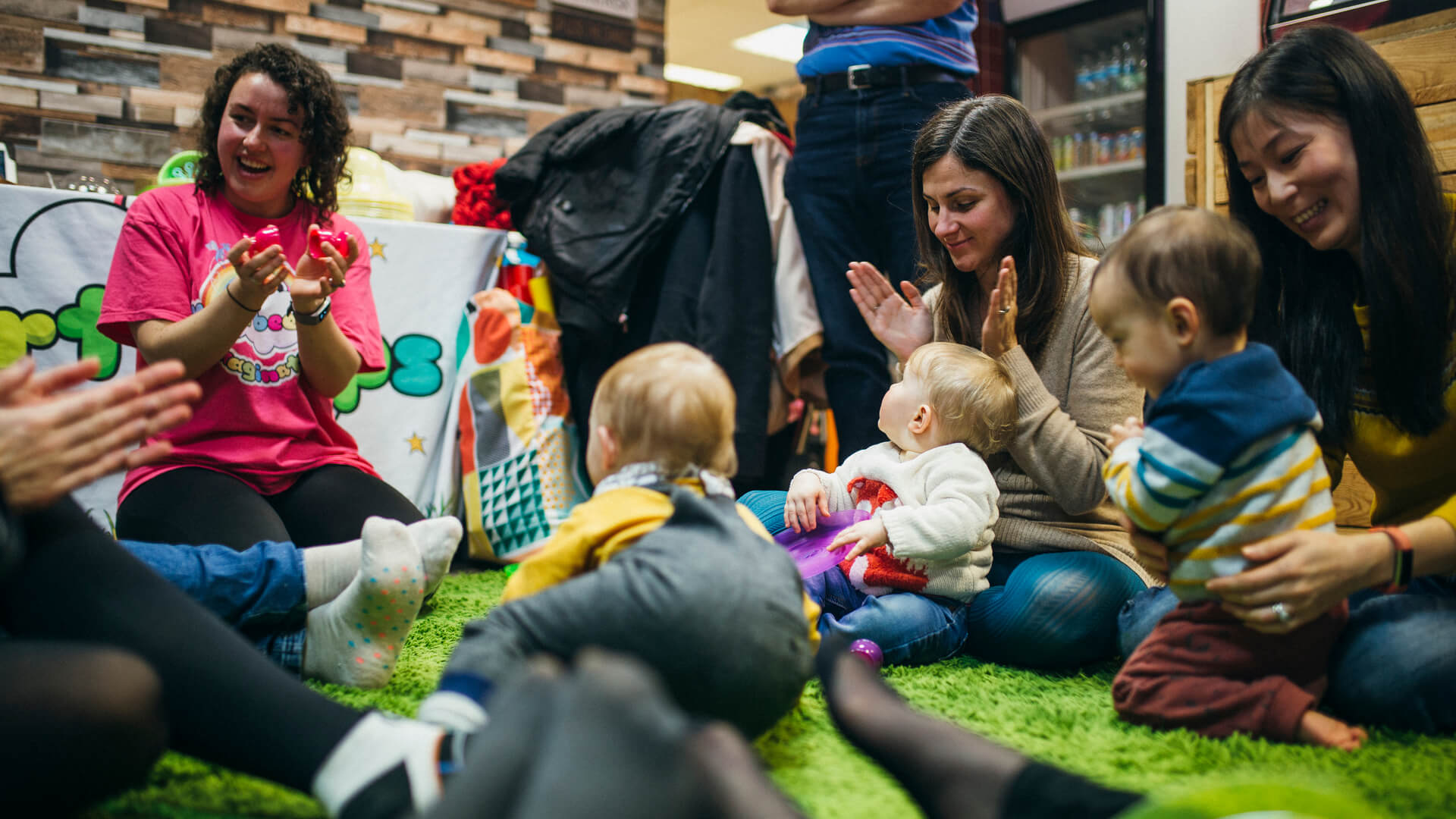Mom Guilt: Am I to Blame for My Child's Speech Delay?
In This Article
- First Things First . . . Consider Counseling
- Join a Support Group for Parents and Children
The normal questions I get after parents hear their child has a speech delay are like, “what could I have done differently,” “am I to blame,” “does it ever get better.” These consistent thoughts of mom guilt have been voiced by parents of my clients to me through the years. FYI: the perfect mom doesn’t exist.
Instead of focusing on kids, I’m going to write this blog for YOU.
Yes, you – mom, dad, grandma, grandpa, friend, aunt, uncle, etc. your feelings matter. If you really want your child to thrive, accept that moms feel, and rid yourself of mom guilt. YOU have to be ok!
First Things First . . . Consider Counseling
I know this is just one more thing you have to add to your busy, hectic schedule, but trust me, it’s important.
I’m a huge fan of therapy and always suggest my families attend together, but also separately. The process of having a child assessed, diagnosed, and then placed in treatment can be hard for everyone – hard on the parents, hard on other family members, and hard on marriages. Everyone can feel bad.
I know this may sound odd, but you will also go through the process of grief. Not everyone goes through these stages in order, and some people might not go through each and every stage.

1. Denial and isolation is a common defense mechanism that filters the immediate shock of the loss, numbing us to our emotions. We block out the words and hide from the facts. This is the first stage after being in shock.
2. Anger starts to show as the masking effects of denial and isolation begin to wear, and reality and its pain re-emerge. We are not ready. Not ready to accept the diagnosis or consequence of the diagnosis. The intense emotion is deflected from our vulnerable core, and redirected and expressed instead as anger.
The anger may be aimed at inanimate objects, complete strangers, friends, or family. You may even direct the anger at your child, even though you don’t mean to.
3. Bargaining is the normal reaction to feelings of helplessness and vulnerability is often a need to regain control through a series of “If only” statements, such as:
- If only we had sought medical attention sooner, or if only we got a second opinion from another doctor.
- If only we had tried to be a better person toward them.
4. Depression is a common stage, but you may not even realize that you are going through it. Things that you used to love and enjoy don’t matter much anymore. Everything your child does might make you sad. The good thing is that through counseling, you will most likely progress through this stage quicker than those who don’t seek help.
5. Acceptance is the last stage of grief, the one that some people don’t ever experience. You understand what your child is facing, tackle it head-on, and do what you need to do as a family to make your child successful.
A licensed therapist will be able to help you through all of these feelings and emotions – including mom guilt.

Join a Support Group for Parents and Children
I’m not sure where you all live, but make sure you ask your speech therapist or doctor for support group information. This is important for your child to attend, but also for you. They may have groups that are for adults-only, and some in which your child can attend and be with other kids that are like them.
This gives you a place to talk to others who are in the same position and feeling the same emotions as you. It gives both you and your child a place to belong and vent without sounding crazy or irrational.
When I was in college, my peers and I ran an Aphasia support group at our college. This disorder occurs after a severe stroke. We had one week where just the patients came to discuss their feelings and thoughts, but we also had a monthly meeting for family members.
It was amazing to see the growth of the clients, but also the family members. They seemed full of hope by the time our sessions were complete.
Sometimes . . . hope is all you need!
I promise it will get better. You will see progress, even the smallest victory is still a victory. Try and focus on the good because it will outweigh the bad!!
 By Stacie Bennett
By Stacie Bennett

